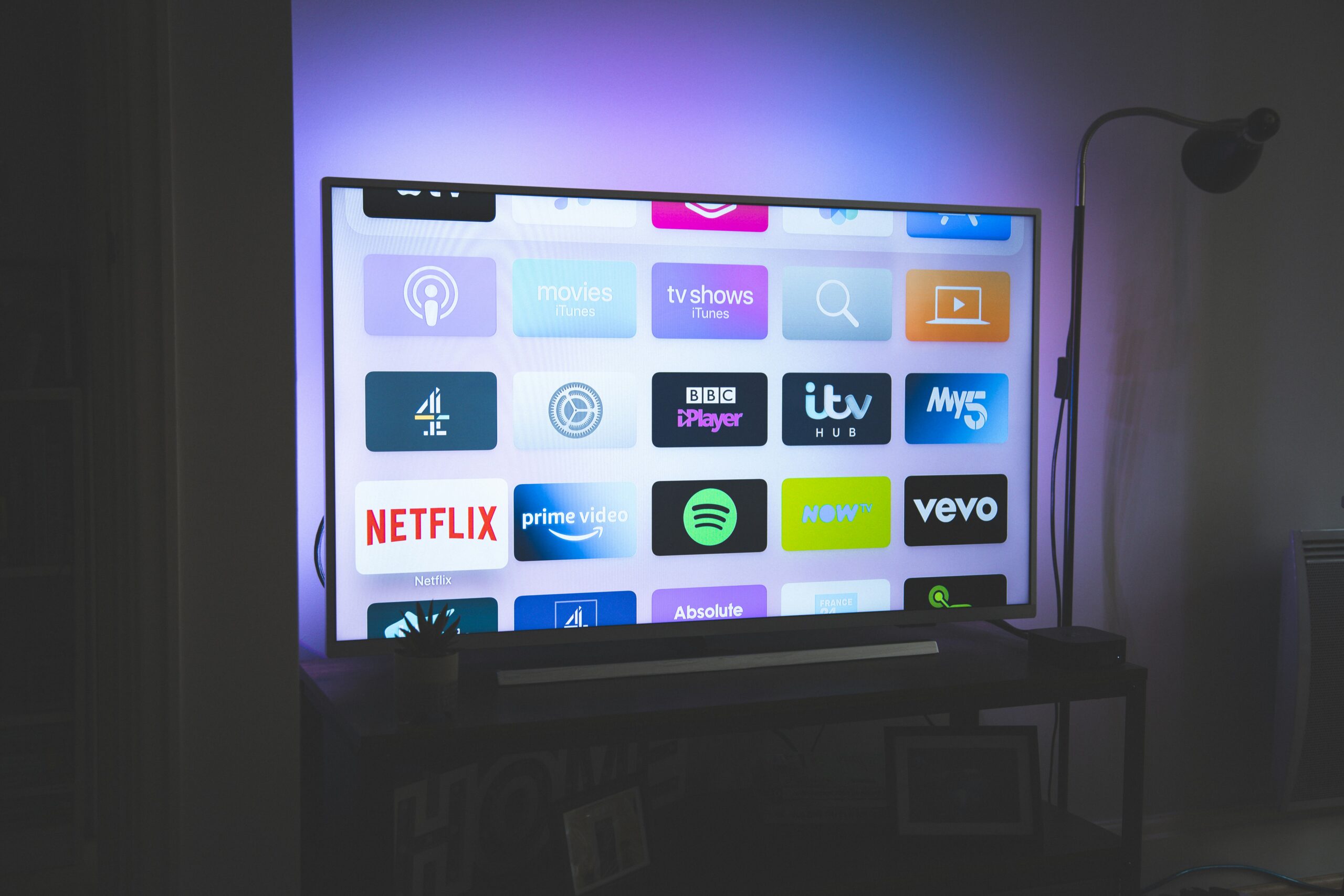MALIBU, CA – Production of the hit reality series “Real Life: Unfiltered” was suspended indefinitely after contestants began exhibiting genuine human behavior instead of manufactured drama, creating what producers describe as “unwatchable television.”
The crisis began during Week 3 of filming when contestant Maria Santos, instead of engaging in a scripted argument about bathroom sharing, sat down with her housemate Jennifer Kim to have an honest conversation about their different cleaning styles and reached a mutually satisfactory compromise.
“We were expecting a huge fight about dirty dishes,” explained executive producer David Chen. “Instead, Maria said something like, ‘Hey Jennifer, I noticed you’re stressed about the kitchen mess. Can we work out a system that works for both of us?’ They actually solved their problem in twelve minutes. It was completely unprofessional.”
The situation deteriorated further when contestant Brad Martinez, rather than hooking up with multiple housemates as expected, chose to spend his evenings reading books and having thoughtful discussions about current events.
“Brad was supposed to be our drama catalyst,” said showrunner Lisa Park. “We cast him specifically because he has commitment issues and looks good without a shirt. Instead, he’s been mediating conflicts between other contestants and organizing group meditation sessions. Our focus groups are calling it ‘boring’ and ‘too positive.’”
The breaking point occurred when the entire cast spontaneously decided to support housemate Tom Rodriguez through his anxiety struggles instead of exploiting his vulnerability for television content.
“Tom was having a panic attack, which should have been great TV,” Chen explained. “Instead of filming him alone in distress or having other contestants gossip about his mental health, everyone just… helped him. They made him tea, listened to him, and created a supportive environment. It was like watching actual human decency. Completely unusable footage.”
Network executives attempted to intervene by introducing traditional reality TV elements including alcohol, attractive guests, and manufactured scarcity scenarios, but the contestants continued to respond with emotional maturity and genuine care for each other.
“We brought in five models and told the contestants they had to compete for dates,” reported field producer Amanda Rodriguez. “Instead of fighting over the attention, they organized a group beach volleyball game and treated the models like regular people. Everyone had fun, made new friendships, and nobody got jealous. It was a complete disaster from a television perspective.”
The show’s trademark drama challenges also backfired when contestants approached competitive situations with good sportsmanship and mutual respect.
“We set up a classic ‘alliance formation’ scenario where they had to vote someone out of a reward challenge,” explained challenge producer Kevin Martinez. “They spent two hours discussing everyone’s preferences and needs, then collectively decided that the person who needed the reward most should get it. They literally eliminated the entire concept of competitive reality television.”
Focus group testing revealed that audiences found the authentic behavior “unrealistic” and “not entertaining enough for reality TV.”
“Viewers kept asking when the real drama was going to start,” reported audience research coordinator Dr. Sarah Williams. “They complained that the contestants were ‘too nice’ and that watching people treat each other with basic human decency was ‘unrealistic and boring.’ They wanted more yelling, manipulation, and backstabbing.”
The final straw came when the contestants discovered the show’s manipulation tactics and, rather than becoming angry or dramatic, held a calm group discussion about media ethics and reality TV’s impact on society.
“They basically turned our show into a documentary about the problems with reality television,” Chen said. “They started talking about how manufactured drama affects viewers’ expectations of real relationships and suggested that reality TV should promote healthier communication patterns. They completely broke the fourth wall of the entire genre.”
The network has announced that “Real Life: Unfiltered” will be retooled as “Real Life: Actually Unfiltered” with a new cast selected specifically for their ability to create artificial drama and maintain dysfunctional relationship patterns.
“We’re looking for people who can argue about nothing for hours, form meaningless alliances, and mistake manipulation for strategy,” Chen explained. “Basically, we need contestants who understand that reality TV isn’t supposed to reflect actual reality.”
The original cast has been released from their contracts and several members have started a podcast called “Authentic Conversations” which has been praised for its genuine discussions about mental health, relationships, and personal growth.

